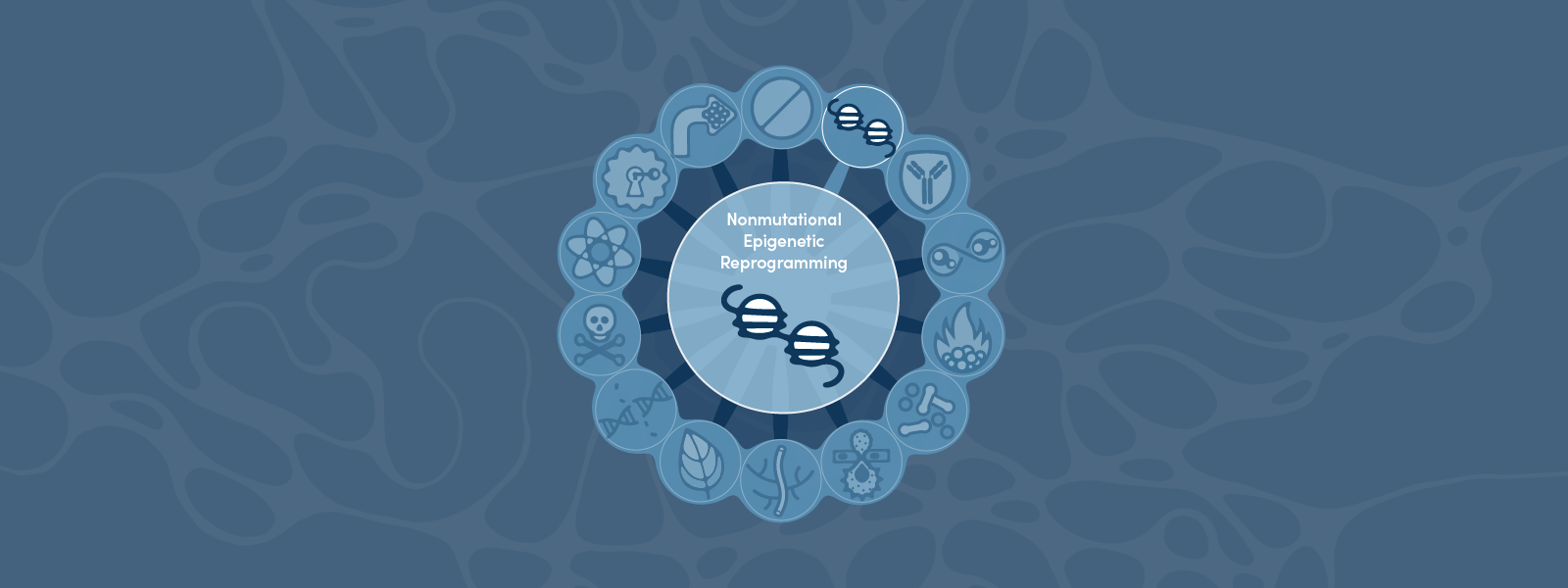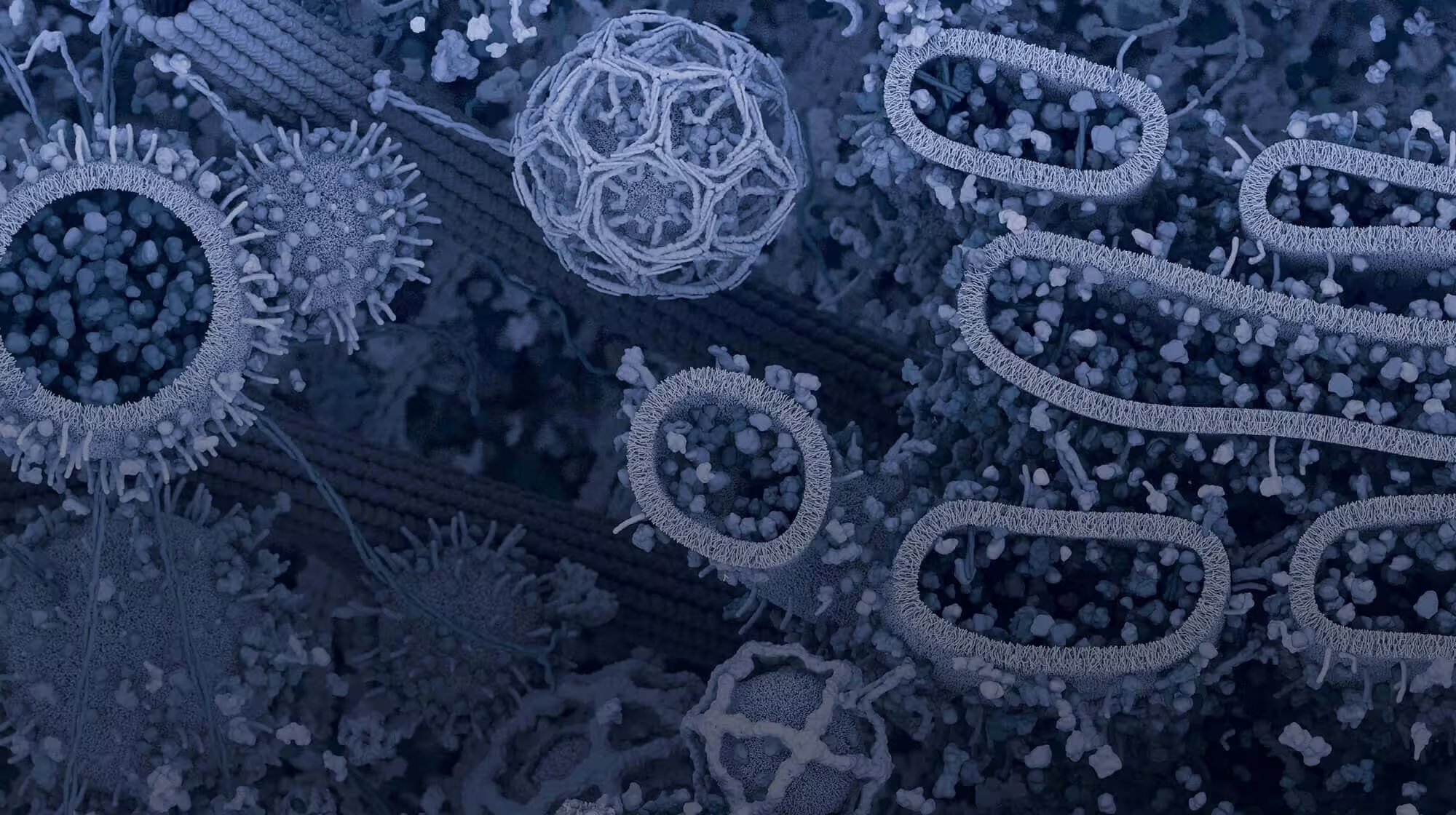The need for antibody conjugation is on the rise due to the increased use of multiplexing. Not only are existing platforms such as traditional and spectral flow cytometry seeing panel sizes grow, but the development of advanced technologies for spatial biology has meant that more targets are being simultaneously detected with novel immunofluorescent (IF) and immunohistochemistry (IHC) methods. Yet, while antibodies labeled with fluorophores, enzymes, metal ions, or oligonucleotides are in high demand, they may not always be available commercially.
Do-It-Yourself (DIY) antibody conjugation kits allow researchers to label an antibody themselves when the desired conjugate is not supplied as an off-the-shelf product. In recent years, they have become popular for the apparent cost-benefit they offer over custom conjugation services. However, many DIY antibody conjugation kits on the market today provide no guarantee that the resultant conjugate will work.
 If you want to de-risk your project and accelerate discovery, we recommend considering a custom antibody conjugation service.
If you want to de-risk your project and accelerate discovery, we recommend considering a custom antibody conjugation service.
Five Reasons to Choose an Antibody Conjugation Service
Compared to using a DIY conjugation kit for labeling an antibody in-house, leveraging a custom antibody conjugation service can provide many advantages, including cost and time savings, improved conjugate quality, and better reproducibility.
1. Improved Conjugate Quality for More Accurate Results
For a conjugated antibody to demonstrate optimal performance and consistency in its intended application, it’s essential that any unbound components are removed once the conjugation reaction has taken place. The presence of free dye and unconjugated antibodies can artificially increase or decrease the assay signal, respectively, leading to wasted time, reagents, and sample material further downstream.
Despite these problems being well known, many DIY antibody conjugation kits do not include a purification step in the labeling protocol. When such a step is missing, it should serve as a warning that the end product is going to be of substandard quality and may not yield accurate results.
The importance of the purification step can be seen in Figure 1, which compares an antibody that was custom conjugated by CST to the same antibody after labeling with two DIY conjugation kits. The high levels of free dye present following kit-based conjugation are cause for concern since they could translate into false positives.
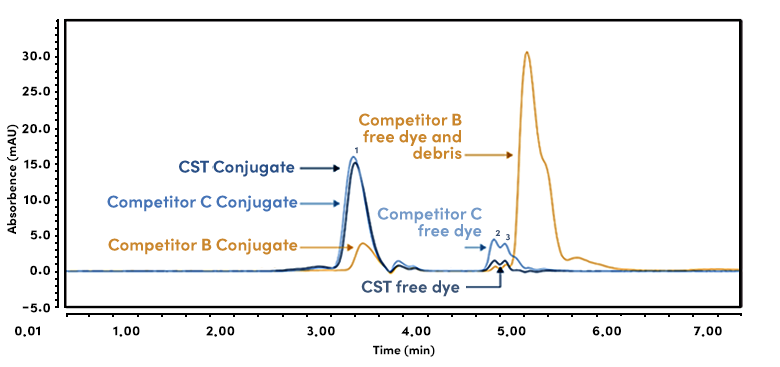
Figure 1. Performance of CST Custom Conjugation Service vs Commercially Available Antibody Conjugation Kits. Analysis of FGF Receptor 1 (D8E4) XP® Rabbit mAb #9740 conjugated using CST methods compared to DIY kits from two other vendors via Ultra-High-Performance Liquid Chromatography (UHPLC). The optimization of bio-conjugation chemistries and stringent purification to remove free dye and antibodies performed by CST results in a higher quality product, compared to other vendors’ products that contain higher levels of free dye and debris, which can interfere with assay results.
2. Better Reproducibility
Another limitation imposed by the lack of a purification step in many DIY antibody conjugation kit protocols is that it makes determining the degree of labeling difficult. Consequently, there is no way of confirming reproducibility between conjugations, and it can be hard to determine where the fault lies if an experiment fails. This issue is exacerbated by the fact that DIY antibody conjugation kits rarely suggest an effective means of characterizing the resultant product, which is critical to ensuring its reproducible performance.
“When we tested DIY conjugation kits from several commercial vendors, we found inconsistency in both the amount of conjugated antibody recovered and the quantity of free dye/antibody from conjugation to conjugation,” explains Lisa Arvidson, Custom Conjugation Team Leader at CST. “This means that each time you use a DIY conjugation kit, you might be getting a different product, which could lead to irreproducible results. Our customers have reported similar findings, even including instances where a conjugation reaction has completely failed after previously working well.”
Figure 2 shows the inconsistent results achieved by CST conjugation experts from a commercially available DIY conjugation kit.
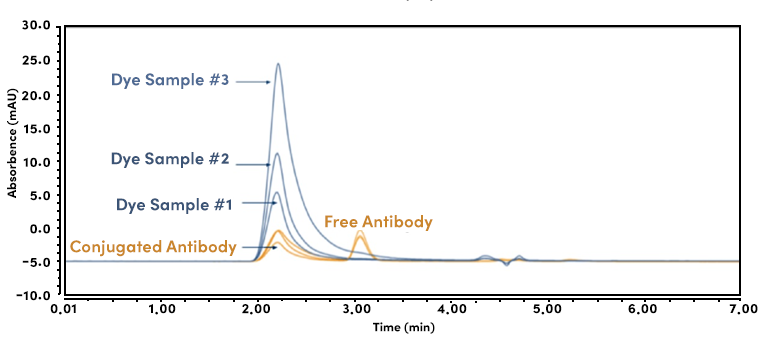
Figure 2. Comparison of Alexa Fluor® 488 Antibody Labeling Kit Performance. Three separate conjugation reactions were performed using FGFR1 (D8E4) XP Rabbit mAb #9740 and a commercial DIY conjugation kit for labeling with Alexa Fluor® 488 (no purification step). In each case, the amounts of labeled antibody, free antibody, and free dye are different, resulting in inconsistent conjugations.
3. Higher Yields Mean Lower Costs
A major advantage of choosing a custom conjugation service is that you don’t have to pay for the antibody that is lost during the conjugation process. We have found that, even when the kit protocol is followed exactly by a scientist with experience in conjugation, the average yield for DIY kits is just 30% of the total antibody reagent used. This represents a significant expense before you even begin using the labeled antibody for your research. Add the fact that many antibodies need to be concentrated or subjected to a buffer exchange for the conjugation to move forward, and the costs soon ramp up.
“While a single DIY kit might be cheaper than a conjugation service, the all-in cost can be higher, even without factoring in the drain on time and laboratory resources,” explains Lisa.
4. Significant Time Savings
As well as performing the conjugation reaction, which can sometimes take upwards of a day, researchers choosing to use a DIY kit must invest further time confirming that the conjugation worked. Often, this includes troubleshooting to determine whether an experimental failure is due to the conjugation reaction or the labeled antibody, which can add weeks or even months to project timelines.
In contrast, when you use a custom conjugation service, you already know that the conjugation was successful and can proceed immediately to optimization of your specific model system.
“At the end of the day, lab managers want their team focused on experimentation, not making conjugates,” says Lisa.
5. More Robust Results with Less Stress
Robust assay performance demands reliable conjugation, which isn’t something that can be guaranteed with DIY conjugation kits. By choosing a custom conjugation service, researchers know they will receive a consistent, high-quality conjugate time after time, eliminating a potential source of variability from their experimental system.
“When you’re working with a conjugation kit, it can be stressful because there’s no room for error,” says Lisa. “Most kits contain just enough reagent for a single conjugation, so if you make a mistake, you have to throw out the kit and purchase a new one. Since most DIY conjugation kit protocols are typically complicated and lengthy, and may be unfamiliar to scientists not well-versed in conjugation, it’s not unlikely that you’ll go through a couple of kits before you get your finished product.”
Advance Your Research with Custom Antibody Conjugation Services from CST
Custom conjugation has many advantages over using DIY antibody conjugation kits. These include improved conjugate quality, better experimental reproducibility, and higher yields, as well as savings in terms of both time and money.
CST offers a broad range of custom conjugation services, all of which guarantee high-quality reagents for your research. With purification included as standard, rapid turnaround times, and the ability to scale for large amounts, we can help you advance your project.
Learn more about our custom conjugation services and Request Your Custom Conjugation.
.23-BPA-2565



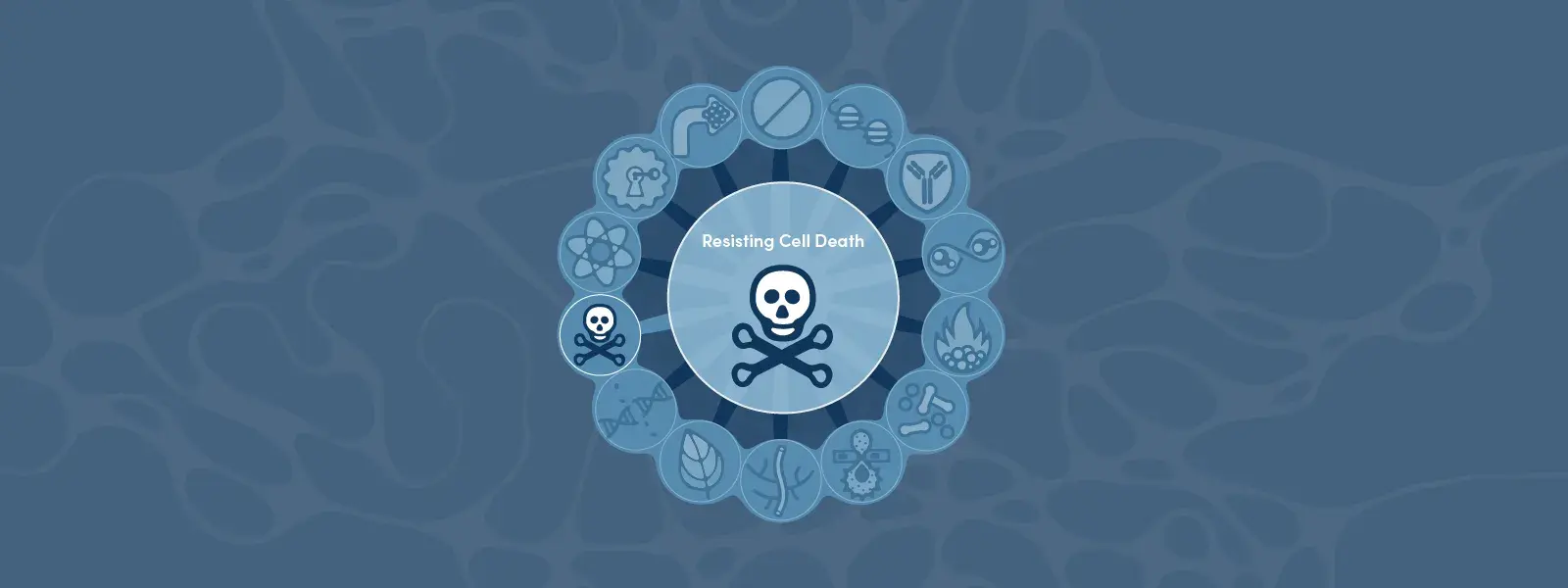
/42157_chimeric%20antibody%20blog%20featured3.webp)
